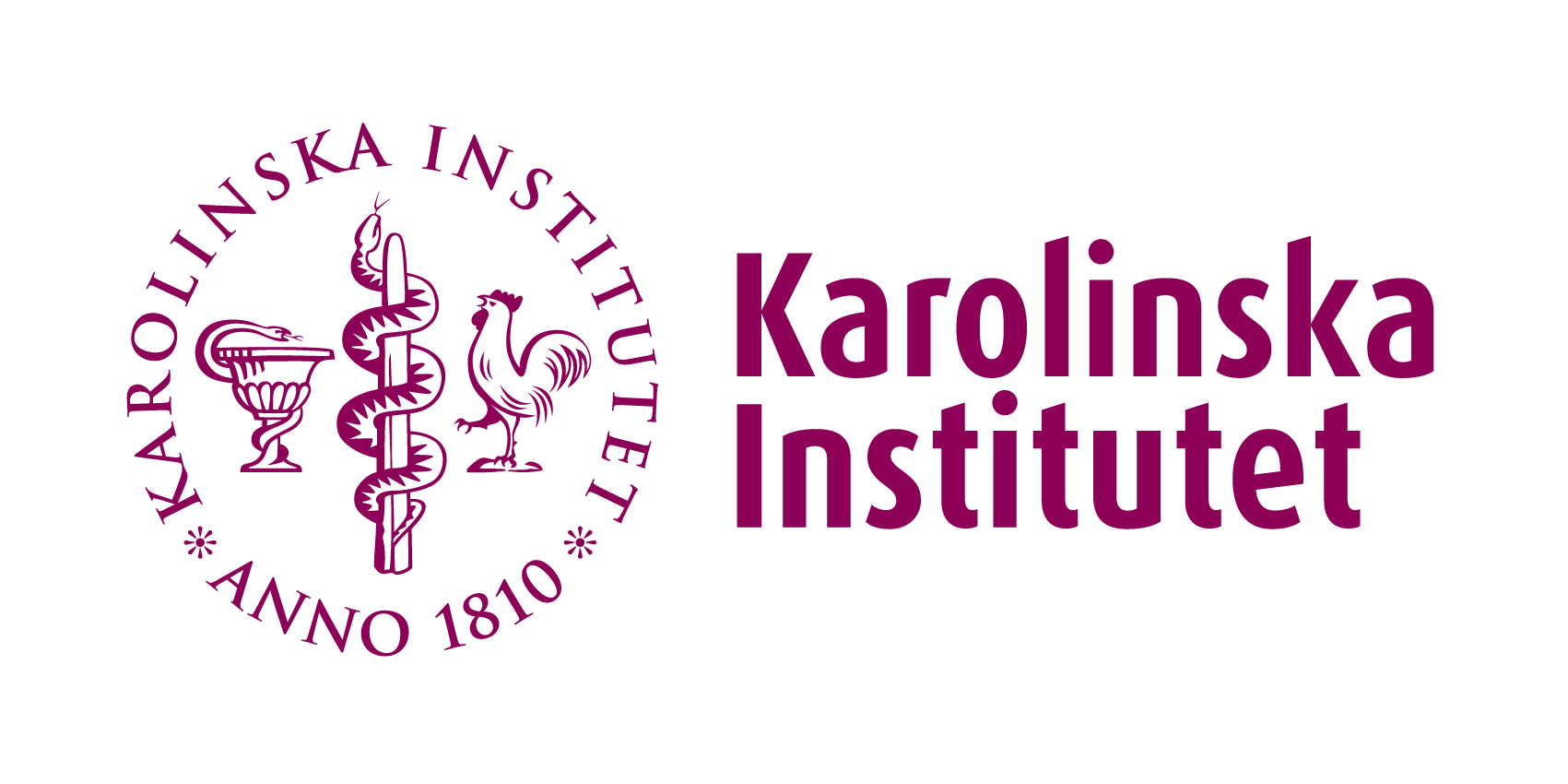


The research network SIPET in cooperation with the Swedish Gerontological Society (SGS) invites early career researchers to a masterclass on ‘Ageing and Work’ at the Nordic Congress of Gerontology 2024 in Stockholm (nkg2024.se). SIPET is a collaboration between the Division of Ageing and Social Change at Linköping University and Unit for Unit of Occupational Medicine at the Institute of Environmental Medicine at Karolinska Institute, and it is funded in 2022-26 by the Swedish Research Council for Health, Working Life and Welfare (Forte; dnr. 2022-00955).
The masterclass will address complex trends in which many people are working longer with new transitions, interruptions and risks. Shortages of skilled labour, sustainability of public finances, social inclusion, economic productivity in global competition as well as intergenerational and gender equity are major concerns in ageing societies during ongoing demographic shifts and societal crises.
Early career researchers who wish to deepen their expertise or gain new insights in exchange with recognised senior experts are invited to register for a series of specialised workshops. Participants will have the opportunity to deepen their understanding of (late) work in an ageing society as an interdisciplinary research and policy topic. The masterclass faculty consists of renowned scholars with extensive experience and thorough expertise in the subject matter as well as in the supervision of early-stage researchers.
Date
June 11-14, 2024
Venue
Karolinska Institutet, Nobels väg 6, 171 77 Stockholm
Schedule and agenda
Tuesday, June 11. 18:00-20:00 – Room ‘Karolina’ (opens at 17:30)
Introduction
Andreas Motel-Klingebiel (Linköping University), Daniel Falkstedt (Karolinska Institutet) & Joy Torgé (Linköping University)
Lecture 1:
Theorizing Late Work in an Ageing Society – Nurturing the Scientific Imagination
Loretta Platts (Stockholm University)
“…when the pioneer in science sends forth the groping feelers of his thoughts, he must have a vivid intuitive imagination, for new ideas are not generated by deduction, but by an artistically creative imagination” (Max Planck, 1949). This talk draws on my experiences of developing gerontological theory. Research projects employing quantitative and qualitative methods to examine older people’s paid work activities generated observations that could not be understood in terms of existing theory. New ideas were needed. Over the following years, my collaborators and I theorized that late working life in advanced industrial societies is more usefully conceptualized in two phases: a first phase from about age fifty to pension age, and a second phase after pensionable age which is distinctive economically, subjectively and in terms of leverage with employers. Drawing on the thoughts of Vera John-Steiner, Tom McLeish and Mary Oliver, I’ll discuss ways to nurture the scientific imagination.
Dinner (20:00) at a place close to the venue will be announced during the meeting
Wednesday, June 12. 15:00-16:30 – Room ‘Wretlind’ (opens at 14:00)
Feedback workshop
Moderation: Daniel Falkstedt
Lecture 2:
Ageism and Employers’ Hiring Practices
Per H. Jensen (Roskilde University)
In this presentation it is argued that ageism should be understood as a tripartite model composed by a cognitive, affective, and behavioral components that share a reciprocal relationship. However, hardly any studies have empirically studied all three dimensions of ageism simultaneously. Using worker-related ageism in employers’ recruitment in Denmark as a point of departure, this presentation aims to outline relationships between the cognitive, affective, and behavioral dimensions of ageism. This presentation draws on a survey conducted among Danish employers at the turn of the year 2020-2021. Various methods are employed, including a vignette and logistic regression models. In line with the tripartite view on ageism, this presentation shows that employers have (1) negative stereotypes towards older workers, (2) negative preferences or feelings towards older workers, and (3) are acting in discriminatory manners towards older workers. However, the link between negative preferences and behavior is very weak, while the link between affections and behavior is rather strong. Furthermore, the impact of negative preferences on behavior is modified if the workplace is suffering from labor shortage.
Thursday, June 13. 15:30-17:00 – Room ‘Wretlind’ (opens after 14:30)
Feedback workshop
Moderation: Susanne Kelfve
Lecture 3:
Pensions and European Differentiated Integration
Eskil Wadensjö (Stockholm University)
This chapter assesses the chances for differentiation with regard to pension policy in Europe. In doing so, it analyses problems related to aging and the pension systems in Europe and the differences between the solutions in the European countries. That the pension systems differ makes it more complicated to move in Europe. Those moving often get lower pensions than those staying in one country. It is important for the EU to counteract the negative effects on pensions for those moving. One solution could be that all countries have defined contribution systems for both the national and the occupational pension systems. However, it is not easy to find a politically acceptable solution of these problems. The pension systems are decided on the national level. They are in all countries changed and developed but not in the same way. There are some tendencies to integration of the systems, but large differences remain. The chapter concludes that there are no signs of differentiated integration of the pensions systems in sight. Even the five Nordic countries as most-likely cases do not show any attempts at closer cooperation and can thus not serve as a laboratory for differentiation in this policy field.
Friday, June 14. 15:00-16:00 – Room ‘Wretlind’ (opens at 14:00)
Feedback workshop
Moderation: Andreas Motel-Klingebiel
Final words and outlook
Andreas Motel-Klingebiel (Linköping University), Daniel Falkstedt (Karolinska Institutet) & Joy Torgé (Linköping University)
During the conference, masterclass participants and faculty will have small group meetings between workshops by individual appointment.
An application for participation is required, and there is a limited number of seats. SIPET will support the involvement of up to 20 masterclass participants by covering additional accommodation in Stockholm on June 11-12. The decisions regarding acceptance and funding will be made by the SIPET team after the application deadline.
For questions regarding the Masterclass, please contact Lijun Peng.
Faculty
Brian Beach (University College London & Karolinska Institutet)
Daniel Falkstedt (Karolinska Institutet)
Liam Foster (University of Sheffield)
Isabelle Hansson (Gothenburg University)
Katharina Herlofson (Oslo Metropolitan University)
Moritz Hess (Hochschule Niederrhein University of Applied Sciences)
Per H. Jensen (Roskilde University)
Susanne Kelfve (Linköping University)
Andreas Motel-Klingebiel (Linköping University)
Laura Naegele (Federal Institute for Vocational Education and Training)
Jolanta Perek-Białas (Jagiellonian University Krakow)
Joy Torgé (Linköping University)
Loretta Platts (Stockholm University)
Eskil Wadensjö (Stockholm University)
Application
The application has been closed. The formal registration was closed by March 25 and a waiting list is kept until June 5, 2024.


